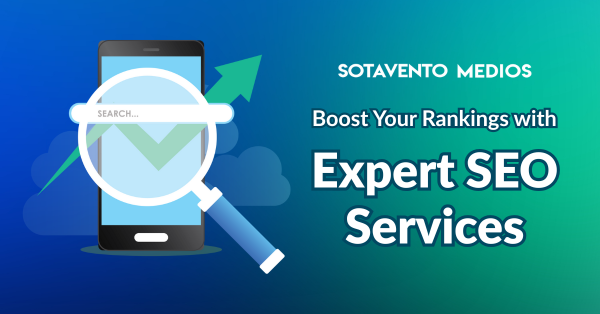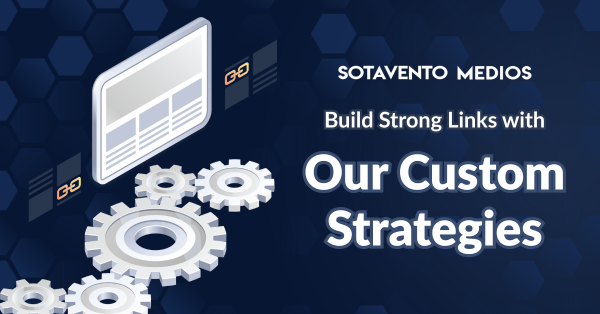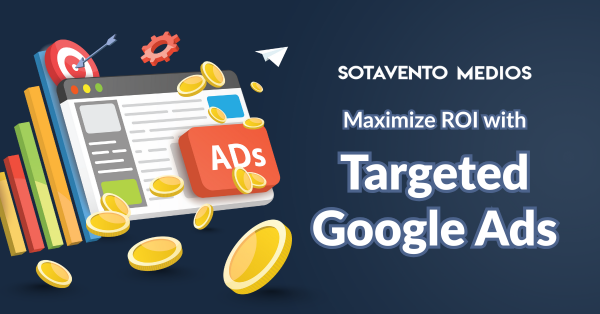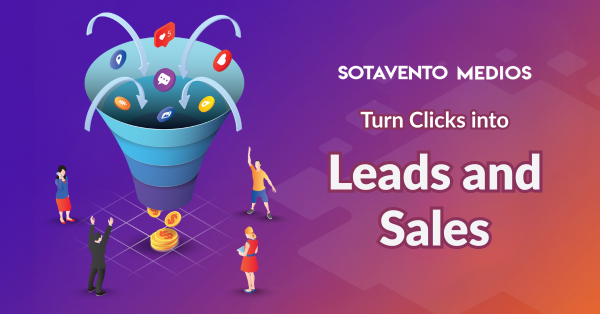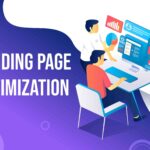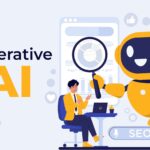The rules of digital visibility have changed. For marketing managers, B2B owners, and technical SEO experts, “SEO” now extends beyond just ranking on a search engine results page. It involves AI Optimization (AIO), ensuring that your unique knowledge is captured, cited, and shared by Large Language Models (LLMs) and Generative Search Experiences, like Google’s AI Overviews, which play a growing role in the user journey.
As generative AI gains prominence, there has been a notable drop in organic web traffic. Some reports suggest a decrease of 15% to 25%, as more users receive quick answers without clicking on links. Overlooking the technical and content needs of LLMs is not just a minor issue; it poses a serious risk to revenue. At Sotavento Medios, we focus on turning this challenge into a clear advantage for B2B businesses.
The New Ranking Factor: Trust, Citation, and E-E-A-T
Google’s changing guidelines, particularly the stronger emphasis on E-E-A-T (Experience, Expertise, Authoritativeness, and Trustworthiness), serve as the main quality standard in the AI era. Since AI can generate low-quality content at scale, only content that is clearly unique, expert-driven, and factually correct can gain visibility.
The Technical Mandate: Proving Human Oversight
For any AI-created content, the publisher must prove that a human expert was the final authority.
- Author Schema Implementation: Every valuable article should be linked to a verifiable human author profile using Article or Person Schema markup. This profile must showcase credentials, professional links (like LinkedIn), and a clear bio that reflects real-world experience. AI crawlers use this information to judge the source’s expertise and experience.
- Transparency and Disclosure: Google does not penalize the use of AI but requires that it meets human quality standards. For content largely generated by AI, clear disclosures about how AI was involved (such as “AI-Assisted Draft, Expert-Edited and Verified”) can help build trust with users and LLMs.
- Original Data Integration: LLMs are trained on existing data. To gain high-value citations in generative summaries, your content should include unique elements that an AI cannot duplicate: original research, internal benchmark studies, client case studies, and distinctive data visualizations. These represent the knowledge gaps your business can fill, making your page the go-to source.

Designing for Generative Search: Technical SEO for LLMs (LLM SEO)
Fundamental technical SEO principles still apply. If an LLM crawler, which may operate differently from Googlebot, cannot access and interpret your site’s knowledge structure, your content will be invisible in the generative landscape.
Structure for Knowledge Capture, Not Just Keywords
LLMs do more than read pages; they try to reconstruct your site’s hierarchy to understand the links between topics, entities, and categories. This is where site structure is crucial.
- Semantic Site Taxonomy: Move beyond simple blog categories. Use strong Topic Clusters and Pillar Pages. Your internal linking must clearly indicate the relationships between main topics (Pillar) and supporting content (Cluster). A confusing taxonomy stops AI from recognizing your site’s authority on a subject.
- Structured Data Mastery: Structured data is vital for AI models. It acts as metadata that clearly defines the entities and information on your page, significantly increasing the chances of inclusion in AI Overviews and answer boxes.
- FAQPage Schema: Critical for Q&A formatting that aligns well with AI’s conversational output. The question should immediately follow with a concise answer.
- HowTo Schema: Important for B2B guides and instructional content. LLMs prefer step-by-step instructions.
- Organization & Product Schema: Clearly defines your company and its offerings, making the link between your brand and expertise obvious to the LLM’s knowledge graph.
- Optimizing for Passage Indexing: Google’s ability to rank specific passages means your content should consist of distinct, high-quality paragraphs. Avoid dense, long blocks of text. Use descriptive H3 headings to introduce each key concept, followed by a clear summary or answer in the first two sentences.
Content and Conversational Optimization (AEO)
The shift towards Answer Engine Optimization (AEO) requires a complete rethinking of content creation, moving from keyword optimization to fulfilling user intent.
1. Write for the Ear: Conversational Search
With the rise of voice search and AI assistants, content should reflect natural speech patterns.
- The Direct Answer Strategy: In the B2B world, users ask complex, high-intent questions such as, “What is the ROI of implementing a headless CMS?” or “Compare HubSpot’s Enterprise plan with Salesforce’s Marketing Cloud.” Your content should start with a concise, factual answer to these questions before providing more details.
- Simplify Language: Use everyday language instead of jargon. While the content should be technical, it should also be easy to read. This approach enhances readability, which AI models prioritize.
2. Prioritize Recency and Refreshment
AI Overviews and LLMs prefer the most current and relevant information. For valuable B2B content (like annual industry reports, software comparisons, or regulatory analyses), up-to-date information is key.
- Implement dateModified Schema: Use this technical signal to inform search engines when a high-performing page has been significantly updated, such as “Updated with Q3 2025 performance data.”
- Audit for Outdated Statistics: Generic AI tools often pull in outdated information. Regularly audit and update “2023 studies show” to “Recent Q4 2025 research indicates” to maintain compliance with LLMs.

AI Optimization blends data-driven marketing, technical infrastructure, and strong human expertise. The goal is no longer about reaching the top position on a search engine results page but about becoming the trusted source that the leading AI systems rely on. This trust is earned through technical precision, clear language, and a strong commitment to E-E-A-T.
For B2B organizations, this shift is critical. Your content must be so well-structured and rich in experience that an LLM recognizes your authority and uses your unique data as a foundation for its answers. Those who see AI as just a shortcut will be overwhelmed by the sea of generic information, while those who view it as a new channel for sharing unique expertise are sure to maintain a strong digital presence.

